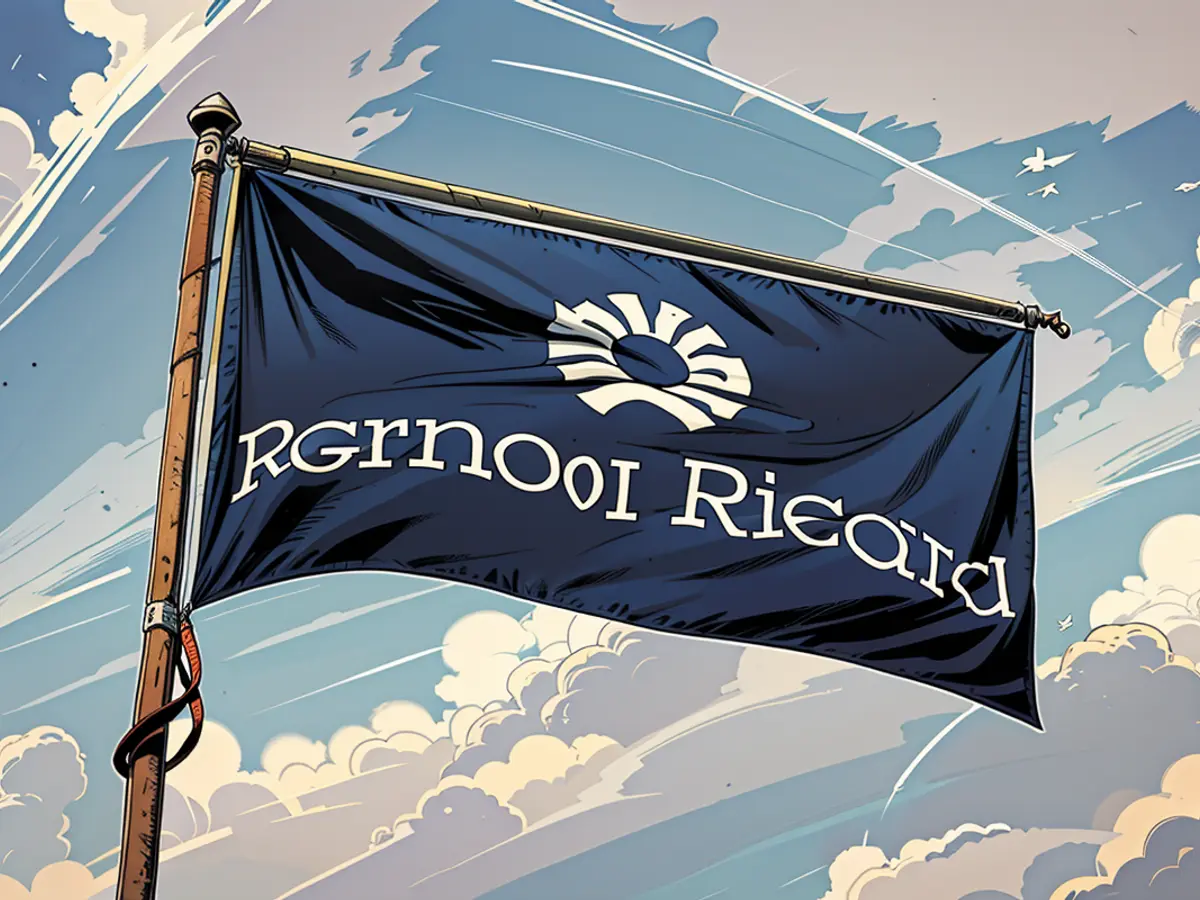One of the world’s biggest booze makers is ditching wine brands as the world drinks less
The French group — which owns Absolut Vodka, Jameson Whiskey, Olmeca Tequila and Beefeater Gin — announced the sale of seven wineries in Australia, New Zealand and Spain Wednesday, saying it would allow the company to direct more resources to its premium spirits and champagne brands, which “drive the growth of its business.”
The sale to Australian Wine Holdco Limited, a consortium of international investors, will see Pernod Ricard offload 10 wine brands: Jacob’s Creek, Orlando, St Hugo, Stoneleigh, Brancott Estate, Church Road, Campo Viejo, Ysios, Tarsus, and Azpilicueta. No financial details were disclosed.
The deal comes after wine consumption globally hit a 27-year low last year, according to an estimate by the International Organisation for Vine and Wine (OIV), an industry group.
Pernod Ricard reported a 7% fall in sales for the wine brands it plans to sell in the first quarter of this year, mainly as a result of a decline in popularity of Jacob’s Creek in India and Campo Viejo in the US.
Wine drinking has been on a steady downward trajectory since 2018, driven by a decrease in consumption in China and as high inflation has eroded disposable incomes worldwide. Consumers have also been opting for beer and spirits instead, or choosing to forego alcohol altogether due to health considerations.
“The divestment (by Pernod Ricard) makes sense as the segment has been underperforming for a while now and the global wine market is still challenging,” Sarah Barrett, the executive editor of Wine & Spirits Daily, a US-based trade publication, told CNN.
Barrett said the sale followed a “wider trend” of large distillers refocusing their portfolios on premium spirits, pointing to Diageo’s sale of its wine business in 2015 to Treasury Wine Estates.
Pernod Ricard is also doubling down on American whiskey. The group announced plans last week for a new US-based company, North American Distillers, to further support its American whiskey portfolio, which includes Jefferson’s and Rabbit Hole.
“American whiskey is a dynamic spirits category, and our portfolio shows immense potential for future growth,” Richard Black, who will helm the new specialized business, said in a statement at the time.
Falling wine consumption globally has collided with severe pressures on wine production, forcing many vineyards in Europe to close their doors. Last year, wine production hit its lowest level since 1961, according to the OIV, as extreme weather and fungal disease hammered vineyards.
Waning appetite for wine worldwide has also hit Australia hard, where millions of vines are being destroyed in response to overproduction that has crushed grape prices, threatening the livelihoods of growers and wine makers.
Jordan Valinsky in New York contributed reporting.
The sale of Pernod Ricard's wineries allows the company to focus more resources on its premium spirits and champagne brands, which are the main drivers of its business growth. With the decline in popularity of its wine brands in certain markets and the global drop in wine consumption, it makes sense for Pernod Ricard to refocus on its performing business segments, such as American whiskey, as evident in its announcement of a new US-based company for its whiskey portfolio.






